Prioritize the application of advanced, environmentally friendly waste treatment technologies to gradually reduce landfill rates.
The State has policies to encourage socialization and support businesses and cooperatives to invest in modern waste treatment and recycling technology... In particular, waste classification at source is a fundamental solution, aiming to build a green lifestyle, save resources and protect the environment sustainably.
These are the proposals made by National Assembly deputies when discussing the Report of the Supervisory Delegation and the draft Resolution of the National Assembly on the results of the thematic supervision of "Implementation of policies and laws on environmental protection since the Law on Environmental Protection 2020 took effect," on the morning of October 28.
Delegate Chu Thi Hong Thai (Lang Son) said that the environmental pollution situation is still complicated, especially air pollution in Hanoi , Ho Chi Minh City, water pollution in large river basins such as Cau River, Nhue-Day River and Bac Hung Hai system; many unsanitary landfills still exist for a long time. The rate of treated urban wastewater is only about 18% while the amount of solid waste directly buried still accounts for 62.97%. This is the cause of water pollution.
The delegate mentioned the ineffectiveness of the waste classification policy at source, a correct policy but when implemented, it encountered many difficulties. Although the implementation of waste classification at source has been regulated since 2022, many places have not yet implemented it due to lack of infrastructure. In fact, waste classification at source has been implemented quite drastically in many localities, but during the collection process, most types of waste are still collected together, leading to people's classification not promoting practical meaning and effectiveness.
Currently, the treatment of domestic solid waste by landfill still accounts for a high proportion. In many localities, people do not agree with the construction of waste landfill facilities due to concerns about the risk of environmental pollution, affecting the lives and health of the community. The appendix in the report of the Monitoring Team shows that up to 33/64 local environmental pollution hotspots are landfills and waste landfills. This is one of the causes leading to the overload and lack of land for waste treatment, especially in urban and suburban areas.
"Researching and applying modern, environmentally friendly waste treatment technology solutions, gradually replacing traditional landfill methods, is an urgent requirement to ensure effective environmental protection and meet sustainable development requirements," the delegate emphasized.
From the above analysis, delegate Chu Thi Hong Thai suggested that it is necessary to continue to comprehensively innovate the management of domestic solid waste, ensuring synchronization from the classification, collection to final treatment. The Government and localities need to review and adjust the planning of inter-regional solid waste treatment areas; prioritize the application of modern, environmentally friendly technology to gradually reduce the rate of direct burial; promote waste classification at source associated with separate collection, transportation and treatment mechanisms, overcoming the situation of "formal classification" causing waste of social resources.
Delegates also recommended that the State have policies to encourage socialized investment, support businesses and cooperatives in applying modern waste treatment technology; promptly complete financial mechanisms, have policies to collect fees based on the amount of waste generated and use the Environmental Protection Fund to support advanced treatment projects.
Regarding environmental management capacity at the grassroots level, delegate Chu Thi Hong Thai emphasized that in the context of implementing the two-level local government model, the commune level becomes the most direct management level, closest to the people and closest to reality. Therefore, there needs to be a clear mechanism on decentralization and delegation of power in the environmental field; ensuring "clear people, clear work, clear responsibilities" associated with inspection and supervision mechanisms.
Sharing the same concern about the issue of managing and classifying household waste, delegate Hoang Quoc Khanh (Lai Chau) emphasized that the current legal framework is very clear and specific, but the implementation is alarming. Accordingly, the monitoring report shows that only 32/63 provinces and cities (before the merger) have implemented waste classification, meaning that 31 localities have not yet implemented it. Every day, the whole country generates about 69,400 tons of household waste. Most of this is not classified but is treated by landfill (accounting for 62.97%) and incineration. Even in large cities that have piloted waste classification at source, the results are still limited due to the lack of synchronization between the stages from classification, collection to treatment.
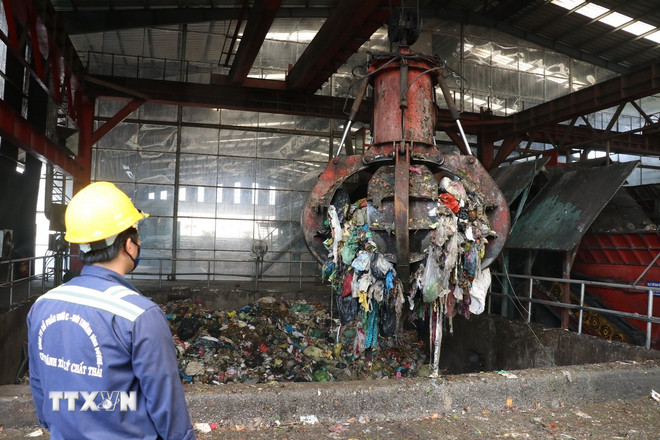
The delegate affirmed that waste sorting at source is a fundamental solution, aiming to build a green lifestyle, save resources and protect the environment sustainably. To achieve this goal, according to the delegate, there needs to be a synchronous and strong participation of the entire system. The whole society must join hands to act and especially the self-awareness of each citizen in preserving a "green-clean-beautiful and safe" living environment.
Delegate Mai Van Hai (Thanh Hoa) pointed out that although the collection and treatment of solid waste in rural areas has been directed and implemented in conjunction with the National Target Program on New Rural Construction, there are still some difficulties, shortcomings and problems.
According to delegates, most of the waste in rural areas is unsorted, mainly collected for burial and burning. Many landfills for burial and burning cause environmental pollution. Incinerators have low capacity, low efficiency, and very limited recycling, not meeting environmental protection requirements...
Stating the subjective causes of the above situation, delegate Mai Van Hai said that it is mainly due to the leadership, direction and awareness of some Party committees, authorities, localities, organizations, businesses and people that are not really adequate. Along with that is the sense of responsibility of people and businesses in production and business activities, in the improper use of chemical fertilizers and pesticides; the habit of burning straw after harvest; difficult budget conditions in localities, not adequately investing in building infrastructure for collecting and treating domestic solid waste...
Agreeing with the recommendation of the Supervisory Delegation on the National Assembly issuing a Resolution on thematic supervision to remove difficulties and obstacles in implementing the Law on Environmental Protection 2020, delegate Mai Van Hai suggested that there should be policies to support and encourage the promotion of socialization and investment attraction in the field of environmental protection in general and the treatment of solid waste in rural areas in particular./.
Source: https://www.vietnamplus.vn/phan-loai-rac-tai-nguon-la-giai-phap-can-co-bao-ve-moi-truong-ben-vung-post1073252.vnp


![[Photo] President Luong Cuong attends the 80th Anniversary of the Traditional Day of the Armed Forces of Military Region 3](https://vphoto.vietnam.vn/thumb/1200x675/vietnam/resource/IMAGE/2025/10/28/1761635584312_ndo_br_1-jpg.webp)



![[Photo] Draft documents of the 14th Party Congress reach people at the Commune Cultural Post Offices](https://vphoto.vietnam.vn/thumb/1200x675/vietnam/resource/IMAGE/2025/10/28/1761642182616_du-thao-tai-tinh-hung-yen-4070-5235-jpg.webp)

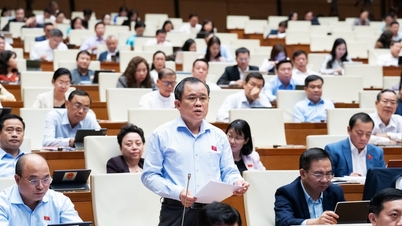

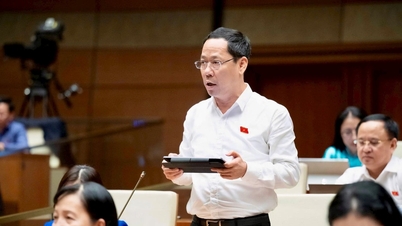
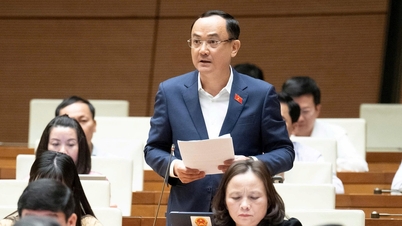



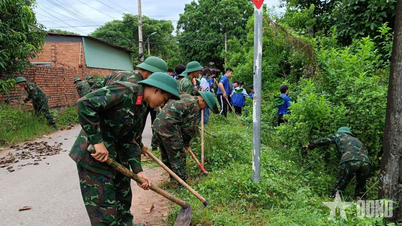



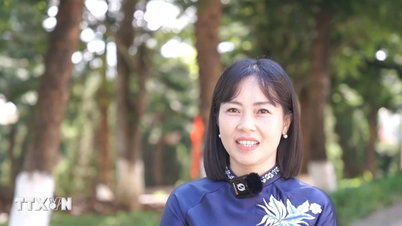
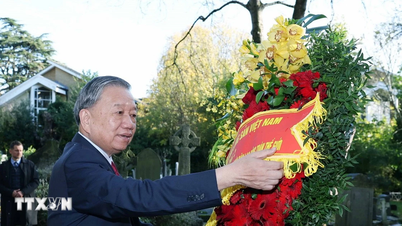
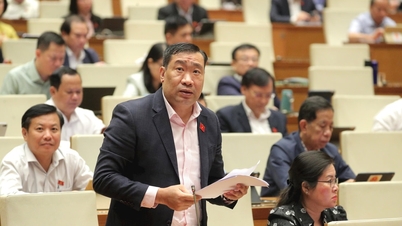
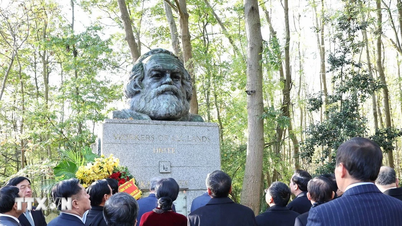
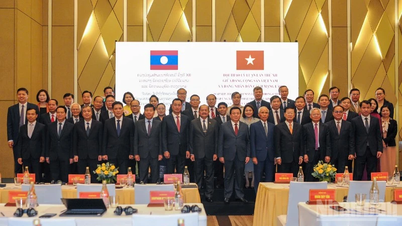







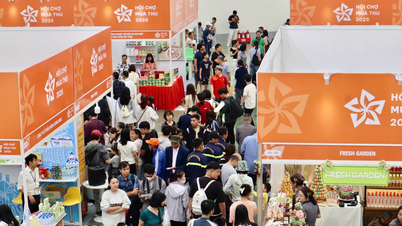
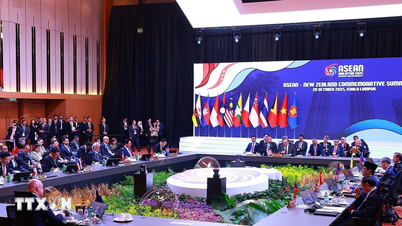
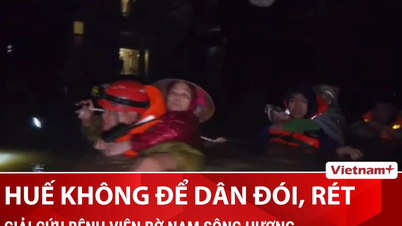
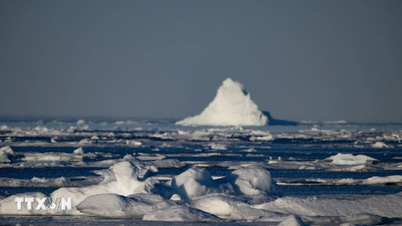

![[Photo] The 5th Patriotic Emulation Congress of the Central Inspection Commission](https://vphoto.vietnam.vn/thumb/1200x675/vietnam/resource/IMAGE/2025/10/27/1761566862838_ndo_br_1-1858-jpg.webp)


































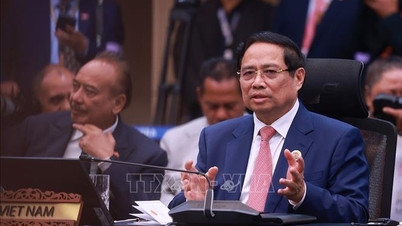



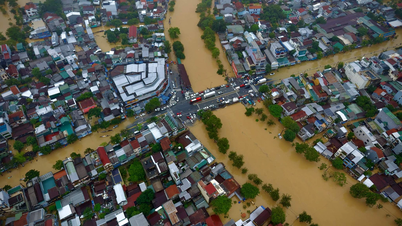


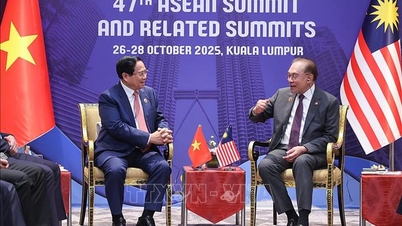

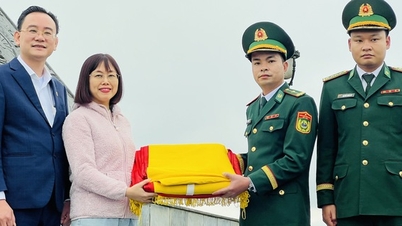

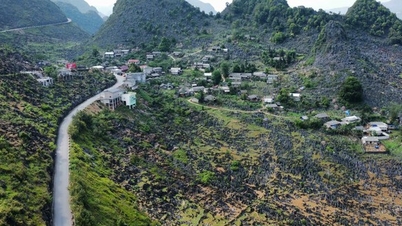
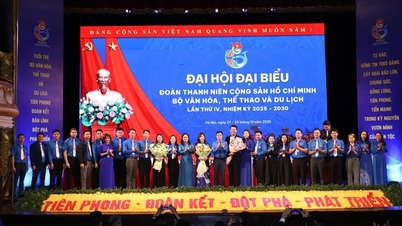
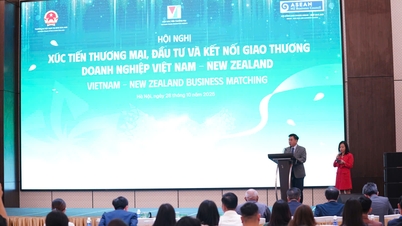

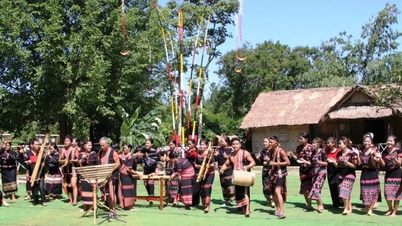
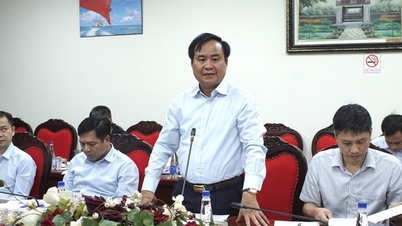
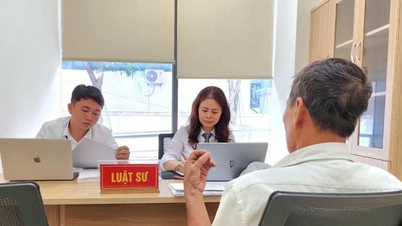

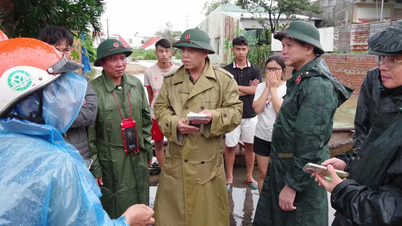

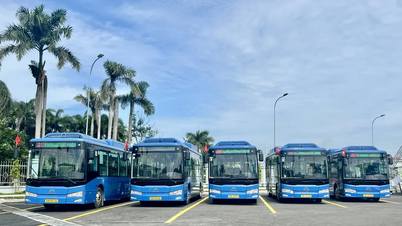
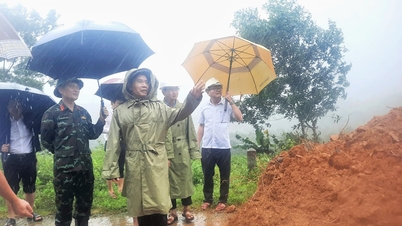

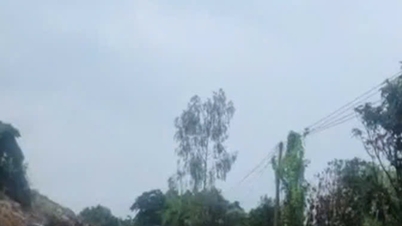

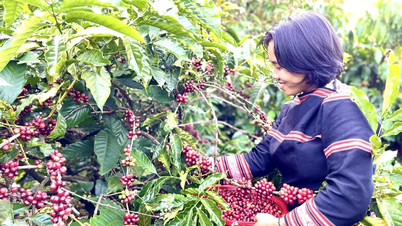















Comment (0)